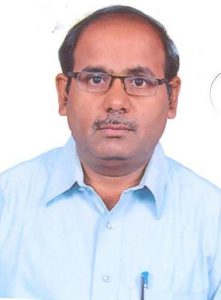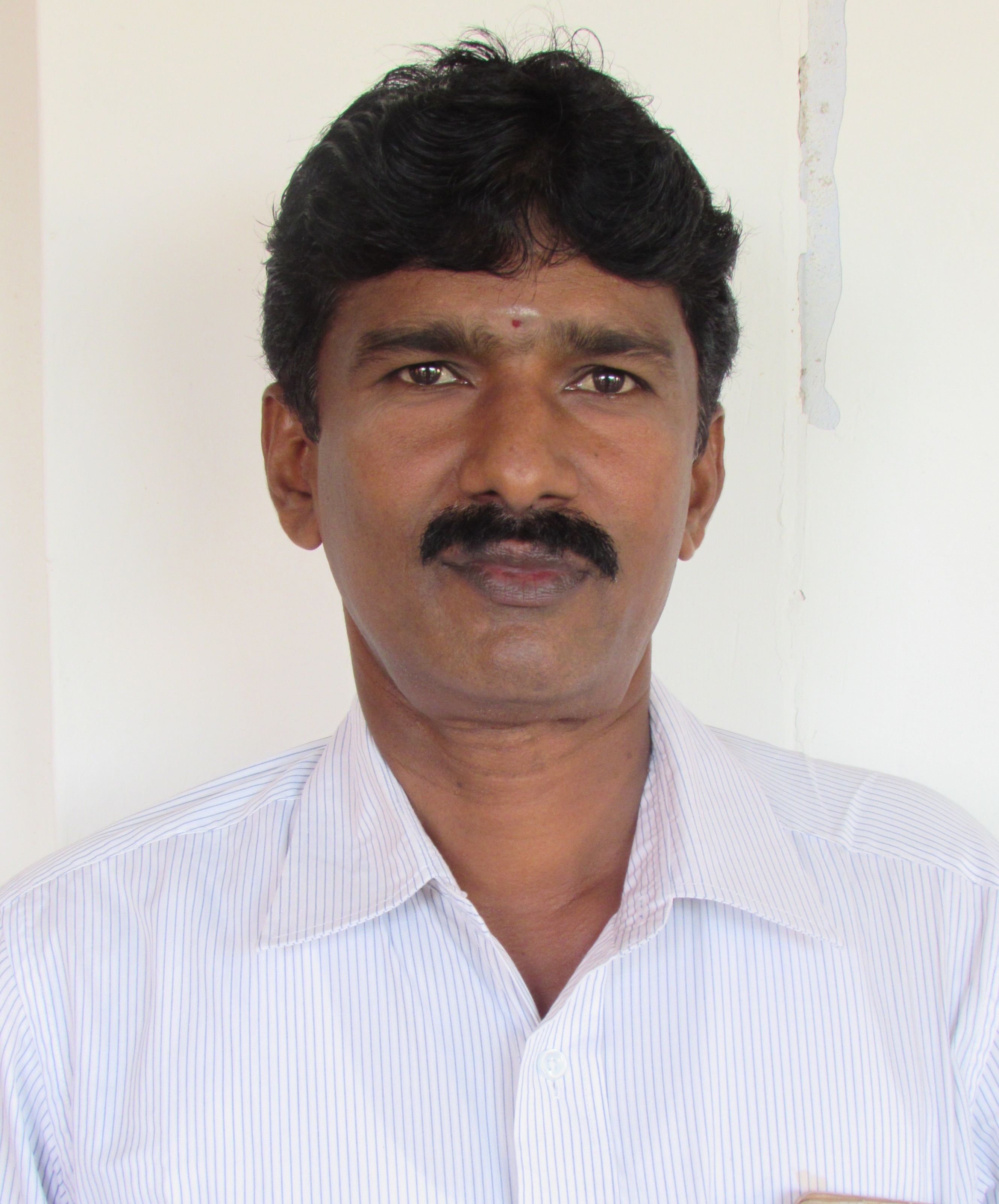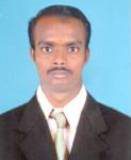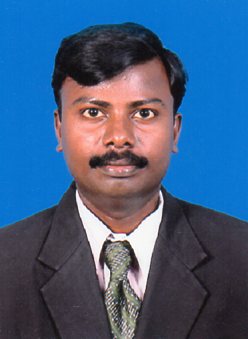Department of History
- About the Department
- Vision & Mission
- Goals & Objectives
- Programme Offered
- Faculty
- Research
- Department Library
- Syllabus
- CIA Test Question Papers
- End Semester Exam Question Papers
- Result
- Association / Club
- Seminars / Workshops
- Tours / Field Visits
- Extension Activities
- Placement & Job Opportunities
- MoU Signed
- Innovative Practice & Best Practice
- Consultancy Services
- Future Plans of the Department
- Notable Alumni
- Student Strength
- Gallery
About the Department
The Department of History, Vivekananda College was started in the year 1980. It offers B.A., History course since its inception. Earlier to that from 1971, the year when the college was founded, History was taught as an Ancillary subject for B.A., Economics students. The College was made autonomous in 1988. The academic freedom to make innovative changes in the syllabus and teaching-learning process has helped the Department to provide an effective and quality education to its student community who almost are first generation learners and are from rural background.
History being the study of the human past is closely associated with human activity and is the only subject that is linked with varied fields. A major in History is an excellent preparation for a career in Teaching, Public Administration, Diplomacy, Library, Archives, Archaeology, Museum, Journalism, Tourism and other areas. Besides, the study of History provides intellectual satisfaction and enjoyment in its own right.
The B.A. History Programme includes Part I-Tamil or Sanskrit (chosen by students) and Part II-English; Part III-Core, Elective & Allied Courses; Part IV-Non-major Elective & Skill based courses; Part V-Value Education & Environmental studies.
The Department offer courses in ancient, medieval and modern periods on areas-regional (Tamil Nadu), national (India) and international (World) history, and allied subjects like Economics, Geography, Modern Governments, Archaeology, Epigraphy, Museology, Numismatics, Temple Studies, Iconography and Tourism.
The entire syllabus is so balanced that it introduces various aspects of History which is useful for competitive examinations and motivate the students for Higher Education and Research.
In the method of teaching, besides lecture, audio and visual aids are used to bring the lessons alive and interesting. The Department invites distinguished scholars and arrange for Spot lectures, Workshops, Seminars and Special lectures. Frequent tours and trips are conducted to places of educational importance to make the student learn through direct observation.
The Staff and Students take part in many of the Cultural events that highlight our Heritage and organise exhibitions for rural masses.
Vision
• To envision a School of Historical Studies, that through the lessons of History is to produce capable young men – vibrant, competent, well informed and socially responsible.
Mission
• To design a course integrating curriculum, career and community.
• To offer a well-developed programme that forms the basis for pursuing higher studies and research in History and related courses.
• To make History a vocational subject. History major is ideal for students who wish to become Teachers, Archaeologists, Epigraphists, Museum Keepers, Civil servants, Lawyers, Journalists etc.
• To create the historical conscience in students; help them identify the link between the past and present; teach them to respect our culture and tradition and to preserve relics of our past.
Objectives
✔ To introduce different aspects of History.
✔ To implement a reading programme.
✔ To have more field trips and spot lectures.
✔ To improve English language skill.
✔ To increase student’s participation in classroom.
✔ To implement a Personality Development Programme.
✔ To nurture healthy hobbies like Philately and Numismatics.
✔ To teach keyboarding and computer skills.
✔ To provide career guidance for History Students.
✔ prepare for Competitive Examinations UPSC, SSC, RRB, TNPSC, TRB and TET.
UG Programme Offered
B.A. History
Certificate Courses Offered
1.History of India for Competitive Examinations
2. Geography of India
Faculty |
Retired Faculty |
Please click on the below links to view the Previous Year CIA Question Papers of UG
| Academic Year | Odd Semester |
Even Semester |
| 2018 – 2019 | CIA Examinations I | CIA Examinations I
CIA Examinations II CIA Examinations III |
| 2019 – 2020 | CIA Examinations I | CIA Examinations I |
| 2020- 2021 | CIA Examinations I
CIA Examinations III |
CIA Examinations I
CIA Examinations III |
| 2021- 2022 | CIA Examinations I | CIA Examinations I
CIA Examinations III |
Please click on the below links to view the Previous Year B.A., History Question Papers
Results of End Semester Examinations of Final Year B.A.,History
| Academic Year | No. students Appeared | No. students Passed | Percentage of Pass |
| 2017-18 | 40 | 37 | 93.75% |
| 2018-19 | 30 | 30 | 100% |
| 2019-20 | 22 | 22 | 100% |
| 2020-21 | 29 | 28 | 96.55% |
Details of MoUs Signed and Activities Conducted
| S.No. | Date of Signing MoU | Name of the Organization | MoUs | Activities Conducted |
| 1 | 08.03.2022 | Iragukal Amritha Nature Trust,Tirumangalam | Click Here | 1 |
Best Practice
1. Title of the Practice:
• Spot Lecture
2. Objective of the Practice:
• To make History interesting for students.
• To provide students a resourceful learning experience.
• To make the students of History get connected to the past.
• To help students identify their research interests for higher studies.
• To educate students to consult primary sources in learning and research.
• To make students cherish our historical or cultural heritage sites and realise the importance of saving them from any kind of destruction in particular from vandalism.
3.The Context:
The spot lecture is an arranged lecture delivered to students by a subject expert invited to the places of field visit or study tour. To bring History to life, the spot lectures are arranged outside the confines of the classroom in a historical spot, a monument or museum. Seated in a historical setting and listening to a subject expert is likely to impact on the student to study History.
4.The Practice:
Field visits or Educational Tours enhance or supplement the educational experience of students. The students have the chances to verify and wonder at whatever learned in the classroom. A spot lecture arranged at the places of visit and given by a subject expert becomes both a visual and verbal form of learning for the students. It provides a depth of understanding in History.
From an Art Historian the students can learn the features and nuances of Indian Art. From an Archaeologist they learn the methods of excavation and how history is culled out from a relic. From an Epigraphist they learn how to read or make estampage of inscription.
The students also get the chance to meet and interact with the subject experts and are inspired to learn in a historical setting by examining the primary sources.
5.Evidence of Success:
The spot lectures motivate the students to study History with interest. By understanding history in its real sense, they are willing to learn the subject. They learn about our culture and feel proud of the nation. By realising the importance of our history they aspire to share it with others. A few become History Teachers to teach history to the future generations. A few more become archaeologists, epigraphists or conservationists. Provided the language or communication skill, a few are likely to become Tourist Guides. Whatever the path they take in life, they become responsible citizens and are vowed to protect the culture and relics of our glorious past.
6.Problems Encountered and Resources Required:
Many of the students are rural based and are poor in economical standard. Finance was the foremost need to take students on field visits and to arrange for spot lectures. To record the spot lectures and to upload them in the social media, for the education of the general public, a video camera and computer are essential.
Students Strength Particulars
| S.No. | Year of Admission | Strength (UG) | Details |
| 1 | 2018 | 36 | Click Here |
| 2 | 2018 | 48 | Click Here |
| 3 | 2019 | 48 | Click Here |
| 4 | 2020 | 49 | Click Here |
| 5 | 2021 | 52 | Click Here |





